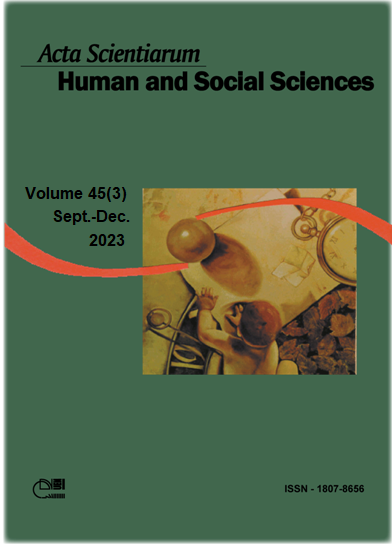Georges Devereux and anthropology
Abstract
Georges Devereux is known as the creator of ethnopsychoanalysis, a discipline that articulates psychoanalysis and anthropology in understanding human phenomena. If in relation to psychoanalysis Devereux declared himself a classical and orthodox Freudian, in relation to anthropology we do not find statements in the same way. The objective proposed for this article is to understand Devereux's insertion in the field of anthropology, considering his formation, his position in the field and the criticisms that he made about anthropology of his time. Devereux's theoretical training took place in the early 1930s and was guided by French anthropology, having Marcel Mauss as his reference author. After the theoretical studies, Devereux went to the United States, where he carried out training for his field research and made his doctoral thesis supervised by Alfred Kroeber, under the foundations of the culture and personality school. Devereux entered to the anthropological field as an opponent of culture and personality school, critical relativism and cultural determinism, seen by him as naive, refusing to face ethical issues and using distancing as a defense mechanism for non-recognition in the other. Although Devereux ascribes the studies of physicists Bohr and Heisenberg as the foundation of complementarism, we can find similarities between Devereux's proposal and the concept of ‘total social fact’ proposed by Mauss; in both, pluridisciplinary is central, the non-reduction of one discourse to another and the proposition that different explanations of the same phenomenon complement each other.
Downloads
DECLARATION OF ORIGINALITY AND COPYRIGHTS
I Declare that current article is original and has not been submitted for publication, in part or in whole, to any other national or international journal.
The copyrights belong exclusively to the authors. Published content is licensed under Creative Commons Attribution 4.0 (CC BY 4.0) guidelines, which allows sharing (copy and distribution of the material in any medium or format) and adaptation (remix, transform, and build upon the material) for any purpose, even commercially, under the terms of attribution.
Read this link for further information on how to use CC BY 4.0 properly.
























